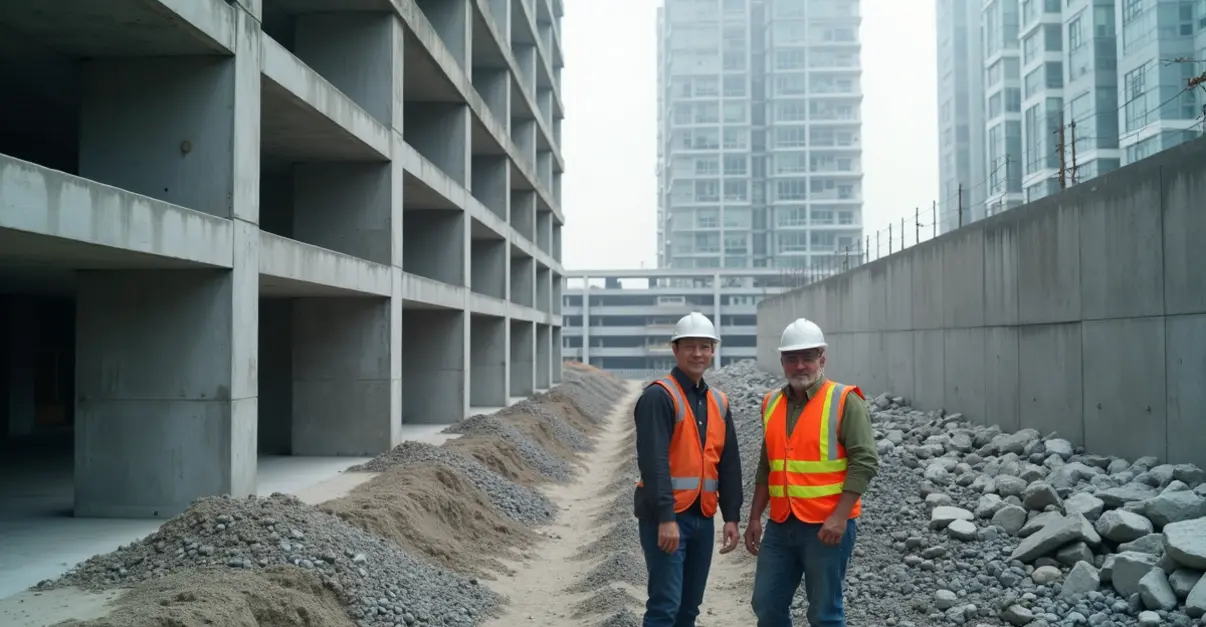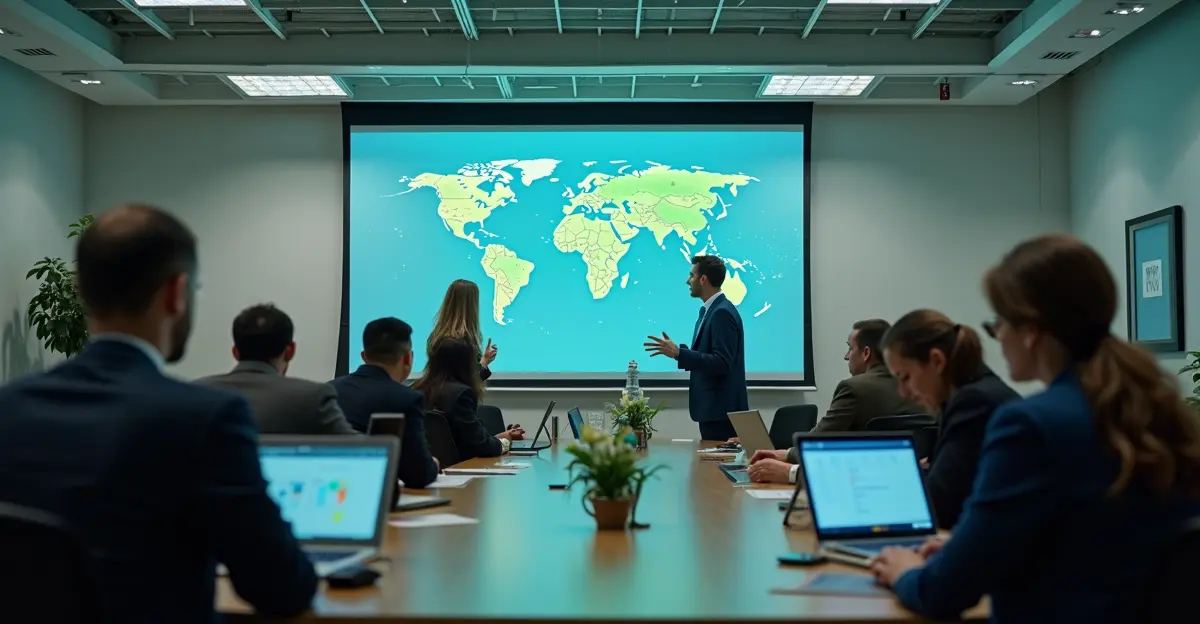Revolutionizing Government Purchasing for Climate Action
Public sector procurement is undergoing a radical transformation as governments worldwide leverage their massive purchasing power to accelerate the transition to net zero emissions. With public procurement accounting for approximately 15% of global GDP according to World Bank estimates, this represents a powerful tool for driving environmental sustainability and climate action.
Green Criteria Reshaping Contract Scopes
The integration of environmental criteria into procurement processes is fundamentally changing how contracts are structured and awarded. Ireland's recent Circular 17/2025, which implements the "Buying Greener: Green Public Procurement Strategy and Action Plan 2024-2027," demonstrates how governments are systematically embedding sustainability requirements into purchasing decisions. 'We're seeing a paradigm shift where environmental performance is becoming as important as cost and quality in procurement decisions,' says procurement expert Dr. Sarah Chen.
The new approach involves comprehensive life-cycle assessments, carbon footprint calculations, and sustainability certifications becoming standard requirements in tender documents. Public bodies are now required to justify why national green procurement criteria aren't included when they exceed certain thresholds, creating accountability mechanisms that ensure environmental considerations aren't overlooked.
Performance Evaluation Gets Environmental Upgrade
Traditional performance metrics are being supplemented with sophisticated environmental indicators that track suppliers' progress toward net zero targets. The research framework for net-zero construction supply chains highlights how digital tools and carbon accounting are revolutionizing performance evaluation. Contractors are now assessed not just on timely delivery and budget adherence, but on their carbon reduction achievements, waste management practices, and circular economy contributions.
'Performance evaluation has evolved from simple compliance checking to comprehensive sustainability tracking,' notes sustainability consultant Mark Rodriguez. 'We're measuring everything from embodied carbon in materials to operational energy efficiency and end-of-life recyclability.'
Supplier Development for Climate Resilience
Perhaps the most innovative aspect of modern procurement strategy is the focus on supplier development and capacity building. Rather than simply selecting the most environmentally advanced suppliers, governments are actively working with existing suppliers to improve their sustainability performance. This includes providing training on carbon accounting, facilitating access to green technologies, and creating incentives for innovation in sustainable practices.
The approach recognizes that achieving net zero requires transforming entire supply chains, not just individual suppliers. 'We can't achieve our climate goals by simply excluding suppliers who aren't perfect,' explains procurement director Elena Martinez. 'We need to work collaboratively to build capacity across our entire supplier ecosystem.'
Case Studies and Implementation Challenges
Several pioneering jurisdictions are demonstrating the practical implementation of these innovations. The OECD's Government at a Glance 2025 report provides comparative data on how different countries are progressing with green public procurement integration. However, challenges remain, including concerns about increased costs, limited supplier capacity, and the need for standardized measurement frameworks.
'The transition requires careful balancing of environmental ambitions with practical implementation considerations,' observes policy analyst James Wilson. 'We're seeing successful models where initial cost premiums are offset by long-term savings and environmental benefits.'
The integration of digital platforms is also playing a crucial role, with tools like carbon management software and sustainability dashboards enabling real-time tracking of environmental performance across procurement portfolios.
Future Outlook and Global Impact
As net zero targets become more urgent, public procurement innovations are expected to accelerate. The combination of regulatory frameworks, technological tools, and collaborative approaches is creating a powerful ecosystem for driving climate action through government purchasing. With public procurement representing trillions of dollars in annual spending, these innovations have the potential to significantly accelerate global progress toward net zero emissions.
'Public procurement is no longer just about buying goods and services—it's about shaping markets and driving systemic change,' concludes climate policy expert Dr. Amina Johnson. 'When governments use their purchasing power strategically, they can catalyze the transformation we need to achieve our climate goals.'

 Nederlands
Nederlands
 English
English
 Deutsch
Deutsch
 Français
Français
 Español
Español
 Português
Português










